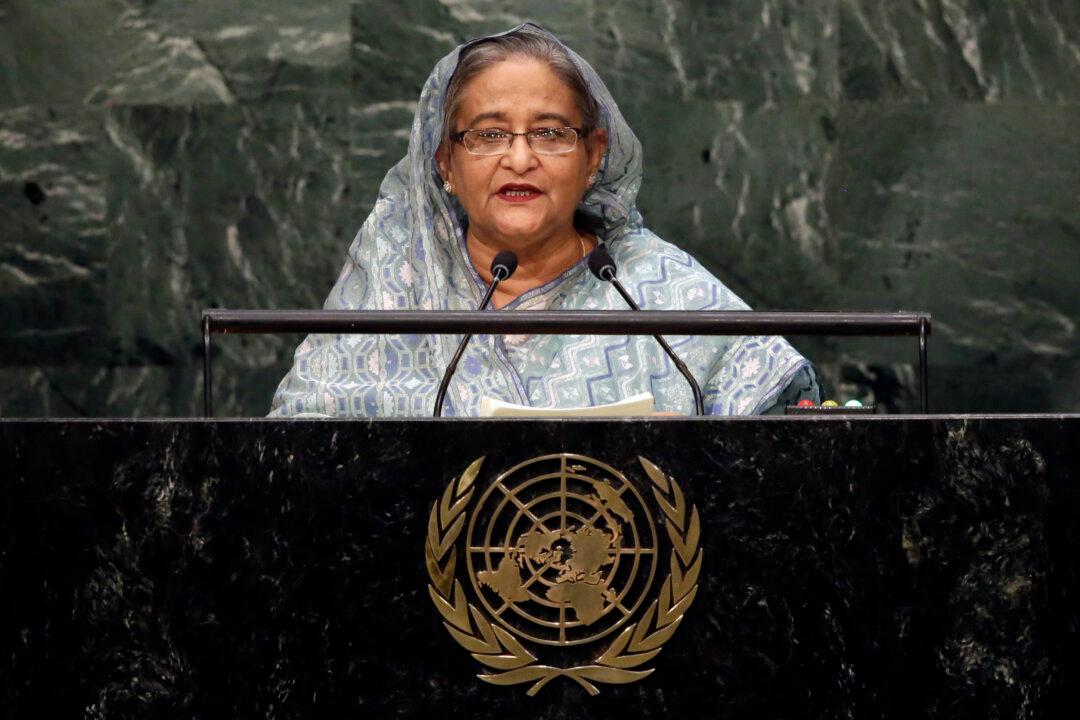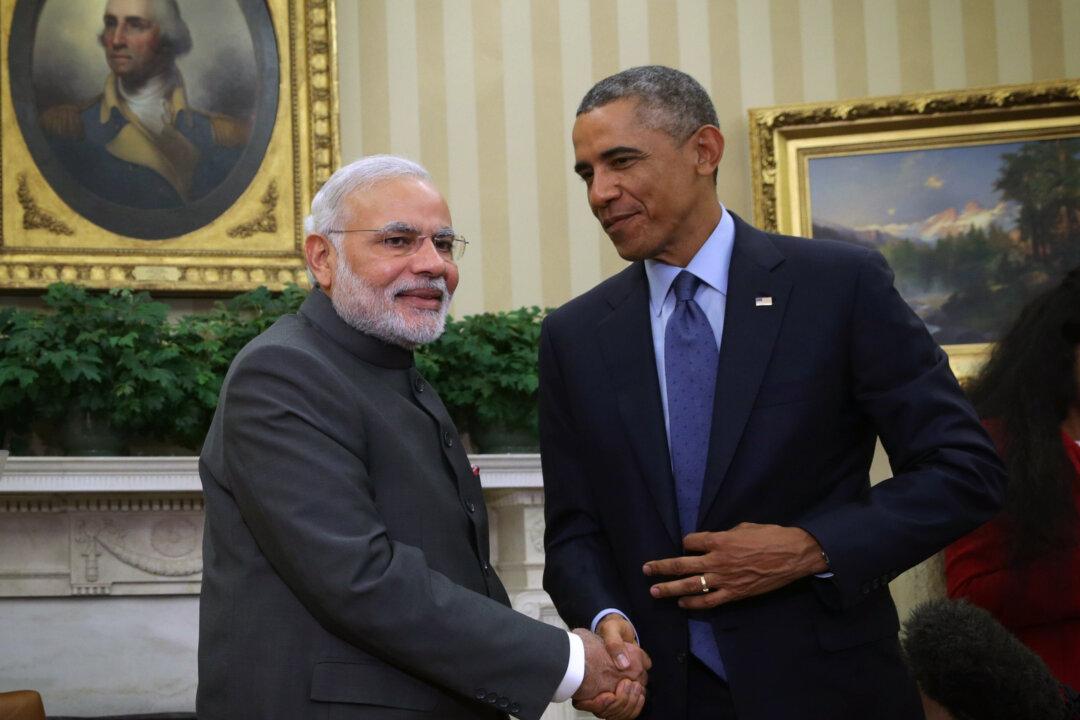Sumit Ganguly
Author
LATEST
Bangladesh’s Accommodation of Extremism Spells Danger for the Region
The Islamic State extremists have claimed responsibility for a series of attacks in Bangladesh on journalists, educators, atheists and religious minorities. Unfortunately, “the present regime, in denial about religious extremism, finds this trend to be politically expedient,” writes Sumit Ganguly, a professor at Indiana University and also a senior fellow at the Foreign Policy Research Institute in Philadelphia. “The ostensible need for sweeping powers to curb such religious violence enables the regime to further aggrandize its political power.” Bangladesh, an independent state since 1971, is retreating from its early secular and democratic beginnings. The government cannot equivocate on extremism or deem political opponents and minorities as expendable. Ganguly warns that extremism allowed to flourish in the country of 156 million will eventually turn on those in power and spread to India and beyond.
|
India: Forging New Relationships With Washington
It was perhaps fitting that India’s newly elected prime minister would be asked to define his approach to global and strategic issues during his maiden appearance at the United Nations and, later, during his first meeting with U.S. President Barack Obama. Following that meeting, the two men drafted a joint statement in the form of an op-ed.
|
Bangladesh’s Accommodation of Extremism Spells Danger for the Region
The Islamic State extremists have claimed responsibility for a series of attacks in Bangladesh on journalists, educators, atheists and religious minorities. Unfortunately, “the present regime, in denial about religious extremism, finds this trend to be politically expedient,” writes Sumit Ganguly, a professor at Indiana University and also a senior fellow at the Foreign Policy Research Institute in Philadelphia. “The ostensible need for sweeping powers to curb such religious violence enables the regime to further aggrandize its political power.” Bangladesh, an independent state since 1971, is retreating from its early secular and democratic beginnings. The government cannot equivocate on extremism or deem political opponents and minorities as expendable. Ganguly warns that extremism allowed to flourish in the country of 156 million will eventually turn on those in power and spread to India and beyond.
|
India: Forging New Relationships With Washington
It was perhaps fitting that India’s newly elected prime minister would be asked to define his approach to global and strategic issues during his maiden appearance at the United Nations and, later, during his first meeting with U.S. President Barack Obama. Following that meeting, the two men drafted a joint statement in the form of an op-ed.
|


